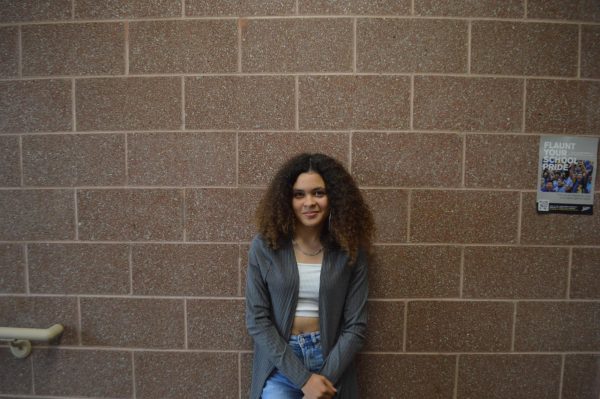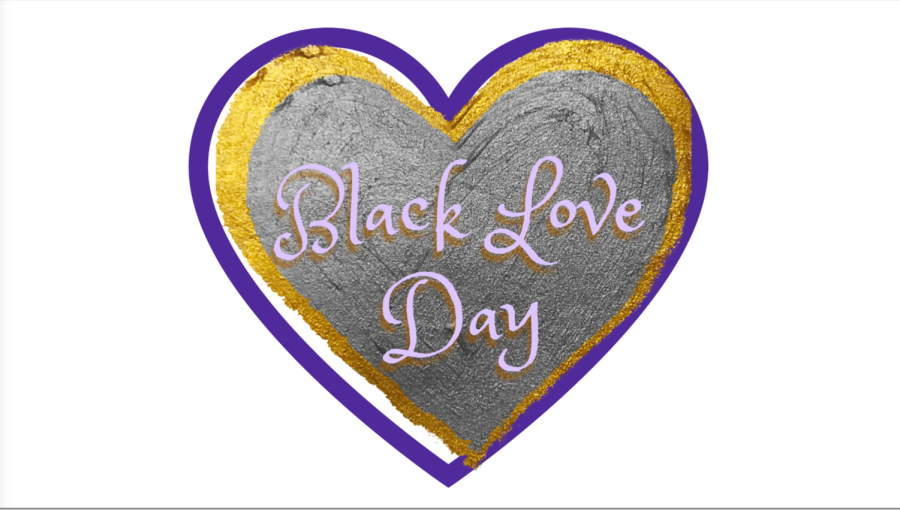Love in the dark
Largely forgotten holiday offers a spiritual, Black alternative to Valentine’s Day
Largely forgotten holiday offers a spiritual, Black alternative to Valentine’s Day
February has become famous for its synonymy with love. Valentine’s Day on the 14th is a widely celebrated holiday that enlists the expression of emotion and love, through what is oftentimes romance by way of materialism. While some couples do venture beyond the materialistic, advertisement media has forced the holiday in a direction that shifted the meaning of the day and its concept away from a genuine expression of compassion for another person into an oversimplified cut-and-dry definition. But, did you know there is a point at which a celebration of love and February’s other claim to fame, Black History Month, come together to celebrate a different type of love?
This day forgoes the lustful kind of romance that may come to mind when thinking of Valentine’s Day and is rooted in history, mutual respect, appreciation, community and overcoming adversity. This day is Black Love Day.
Falling to the 13th, Black Love Day is a spiritual, tenet-based holiday that was created in 1993 by Ayo Handy-Kendi, an author, breathologist, and founder of the African American Holiday Association. Handy-Kendi was inspired to foster love (by way of tolerance and kindness) in and between all members of her community in January of 1993 after she came to a realization about violence within the Black community after watching Spike Lee’s ‘Malcolm X’.
“The scene in which Spike Lee shows Black people shooting down my black brother Malcolm—who is really my hero—it was so graphic,” Handy-Kendi said in an interview with the Daily Dot. “It touched my soul so deeply, as I thought of this scene and I could see the pain of Sister Betty [X’s wife Shabazz], and I said out loud to the creator, ‘What can I do to stop the violence and increase the peace? What can I do?’ I heard the creator say to me that we need more Black love.”
Handy-Kendi followed the word she heard, and created this day, encouraging those celebrating alongside her to engage with her creation by doing a few ‘very simple’ things, demonstrate love for 24 hours, celebrate and atone with themselves and others and follow the Five Black Love Tenets.
These five tenets: showing love for the creator; love for themselves; love for their families; love for the Black community; and love for the Black race isare what separates this day from Valentine’s. Valentine’s Day has become heavily commercialized and capitalistic, whereas Black Love Day has continued to function under the principles in which it was founded, allowing those celebrating with the opportunity of an authentic day of self-reflection, community appreciation, spiritual connection and of course a little romance.
Though the 13th is one of three holidays specifically geared to Black people, it should serve as an example for people of all races, demonstrating ways in which the expression of love, romantic or otherwise, can be expressed.
The common greeting/phrase on this day is Nya Akoma (pronounced N-yah Ah-coma), meaning ‘get a heart’ or ‘be patient.’ In addition, similarly to Black History Month, Black Love Day also has a color palette that holds value and significance in its meaning within the community and the day/month’s festivities. As for Black Love Day, purple and black are usually worn, purple as a representation of royalty and growth, and black illustrating the color of the race and freedom from evil. A Ceremony of Reconciliation is done, which is a gathering of communities to bring Black people together and strengthen our spirituality.
While the tenets do call for recognition of the creator and spirituality is mentioned, this by no means has to be a holiday that is centered around a specific faith or divine creator, the day’s call to recognize and love the creator can simply be a recognition and appreciation of a person’s own ancestral/familial journey.
So, on this day, contemplate these principles and understand that regardless of race, there is always more room for genuine love, appreciation, tolerance and kindness.

Katrell is a senior at FHS. They are an overthinker who enjoys listening to music and writing poetry when they are not too focused on their upcoming article.



